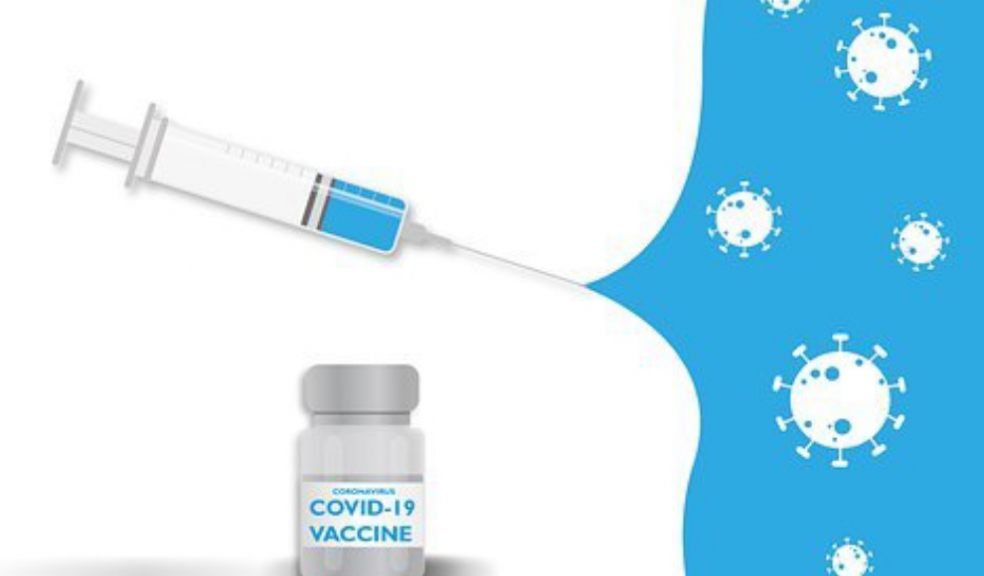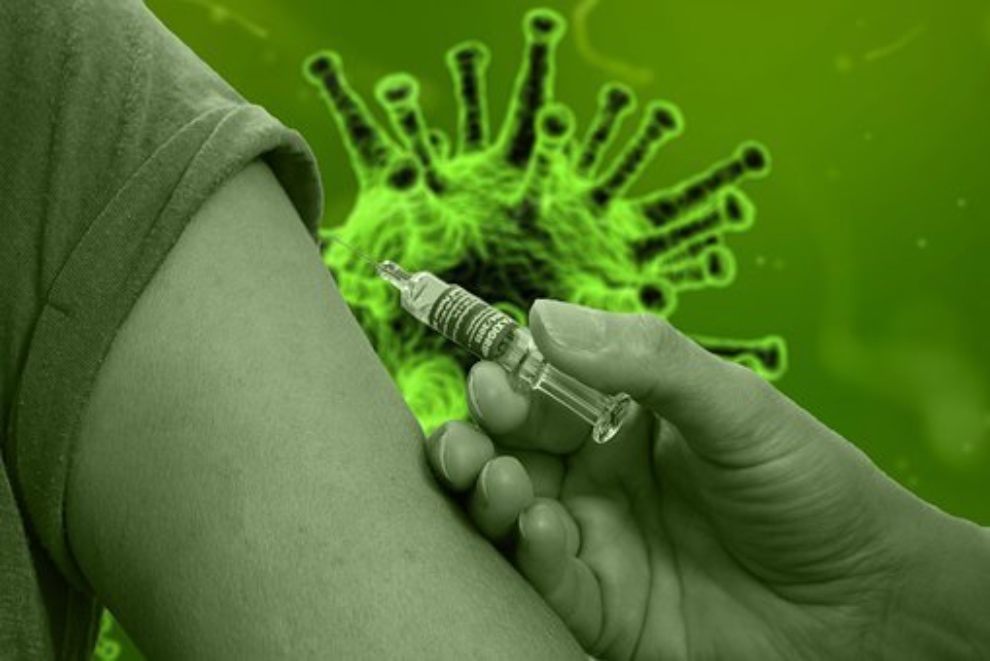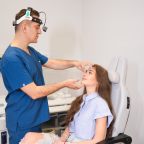
What You Should Know About the Various Covid-19 Vaccines Out There Today
Pharmaceutical companies around the world have been working on a vaccine to combat the coronavirus. After a year of vigorous research and clinical tests, the objective is now a reality. Most countries have begun the vaccination process, with the United States leading in administering the COVID-19 vaccines.
However, with the different types of vaccines on the internet, it is challenging to determine the best. Most people also do not know how the vaccine works, and they assume that they are no longer required to observe the COVID-19 preventative measures. The best COVID-19 vaccines are the ones approved by the Food and Drug Administration (FDA) agency.
What Is A Vaccine?
A vaccine is something that helps the human body build immunity against infectious diseases. It introduces an inactive form of the infectious germs in the body, stimulating its immune system to produce antibodies. The antibodies then protect the body when the real germs attack it.
Vaccines prepare the body on how to counteract a disease when it attacks it in the future. It teaches the immune system to handle the disease before it encounters the real virus. In the case of the COVID-19, the vaccine makes the body resistant to any infection from the virus.
Which Coronavirus Vaccines Are Available?
The FDA has authorized two vaccines only: the Pfizer-BioNtech and the Moderna vaccine. The Pfizer vaccine is the first and most common vaccine in the United States. The FDA approved it for people who are 16 years and older. The Moderna vaccine was later recommended for people who are above 18 years.
Both vaccines have been tested and are highly effective. The Pfizer vaccine has a 95% success rate, while the Moderna vaccine has a 94% success rate. The vaccines are effective in combating COVID-19 against people of all races, ethnicity, and genders.
How Safe Are the Vaccines?
Safety is one of the main concerns among most experts. The participants of the clinical trials experienced several side effects such as fever, chills, joint pains, and muscle aches. These symptoms are temporary and are part of the vaccines' side effects.
The Center for Disease Control and Prevention (CDC) has documented several cases of allergic reactions to the vaccine. It is recommending that people with allergic reactions should not abstain from receiving the coronavirus vaccine. Anyone with an allergic reaction should consult their doctor before getting the COVID-19 vaccine.
Four trial participants who have received the Pfizer vaccine and three participants who have received the Moderna vaccine during trials developed Bell’s palsy. The FDA scientists have revealed that the relationship between Bell’s palsy and the vaccine is not clear, but further investigations are being conducted. However, the FDA is confident that these side effects are minor issues and these two vaccines are ready for use.
Are There Other Vaccines Coming?
So, are other vaccines coming? In the article post https://www.healthtap.com/coronavirus-vaccines-safety/, there are other researchers in their final phase of the clinical trials. The most promising candidates are Oxford University and Johnson institution. Their vaccines are based on the manipulation of the COVID-10 DNA. Another vaccine that is promising is the Novavax NVX-CoV2373. The vaccine consists of a spike protein and an immune-boosting chemical that triggers the immune system to respond to the coronavirus. These vaccines are still in trial stages and are pending final approval.
What is the Distribution Mechanism of the Vaccines?
The federal government is in charge of the distribution of the vaccine in the United States. The CDC is also working with the federal government and other institutions to ensure that people in remote areas access the vaccine. Healthcare workers and people employed in care facilities are the first groups to receive the vaccines.
The next group to receive the vaccines are adults who are 75 years and above. Frontline workers such as teachers, postal workers, transit workers will be the following people to get the vaccine.
It will take several months before everyone receives the vaccine, with production increasing in most companies.
There are several logistics concerns, such as proper transportation and storage, that must be considered. Both the Pfizer and Moderna vaccines must be stored in cold temperatures, meaning that special freezers will be required to transport them.
Should Someone Receive More than One Vaccine?

There is no harm in receiving different types of vaccines. Since there are various formulations in the market, acquiring the different doses is recommendable. To ensure that everyone gets the vaccines, doctors recommend that people get different types.
The development of the COVID-19 vaccine was a welcoming sight, especially during the pandemic. However, most people do not have adequate information about COVID-19 vaccines. The FDA has only approved the Pfizer and Moderna vaccines because they have the highest success rates. These two vaccines have been tested and are safe for use. People should know more about these vaccines to ensure that they are not left out during the rollout program.




















